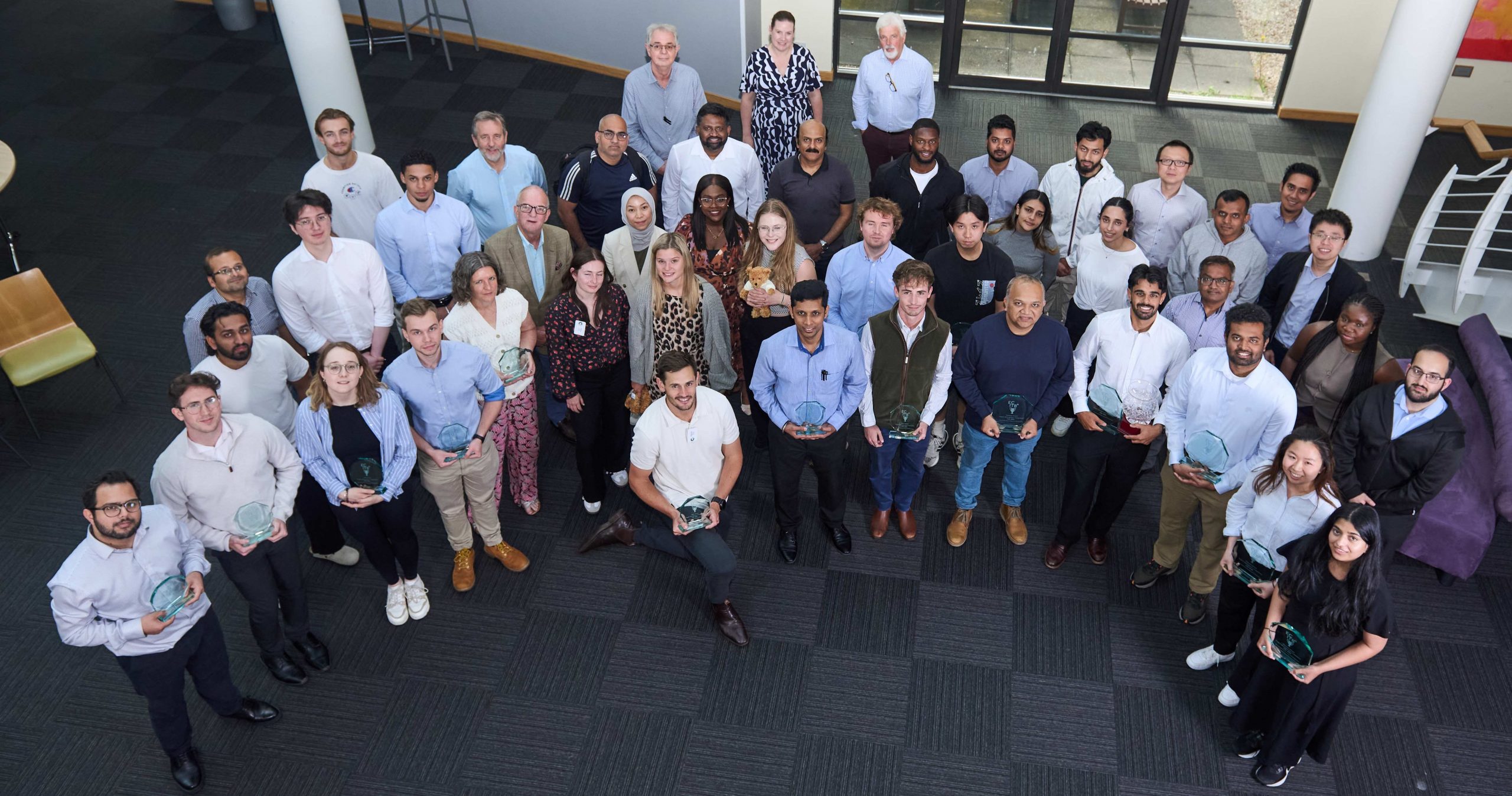Engineering construction employers in scope of the industrial training levy will shortly be asked to submit their levy declaration for the 2024/25 base period.
Declarations will go live via the ECITB Connect App from the week of 21 April.
The deadline for completion is 30 June.
An email confirming that Levy Declarations are live will be sent directly from the ECITB Connect App (ecitb-system-notification@ecitb.org.uk) to the nominated Levy Administrator for each company.
In-scope employers, which operate establishments working in Great Britain or its offshore waters which are wholly or mainly engaged in engineering construction activities, are required by law to make an annual Levy Declaration containing information about their workforce.
Declarations live
Declarations close
Email from Levy Declaration App
More information on the industrial training levy including videos on how to access the online portal and submit a levy declaration as well as FAQs and guidance notes on completing the declaration, are available via the website:
Relationship Managers are also on hand if employers need support or further information on this. Find the relevant Relationship Manager for your region:
About the industrial training levy
The ECITB was established to meet the specialist skills needs of the engineering construction industry and to address the market failure in training provision that affects the industry.
The industry carries out work that is project-based and cyclical, which means the demand for skilled employees fluctuates. The workforce is highly mobile and many workers are employed on temporary contracts or through employment agencies. This means that employers see few incentives to train their staff.
The ECITB addresses this market failure through its levy and grant system, which is used to drive up skill levels and incentivise training that would otherwise not take place. We invest more than £20 million every year to enhance skills across the engineering construction industry, support growth through workforce training, and tackle labour shortages and skills gaps.





